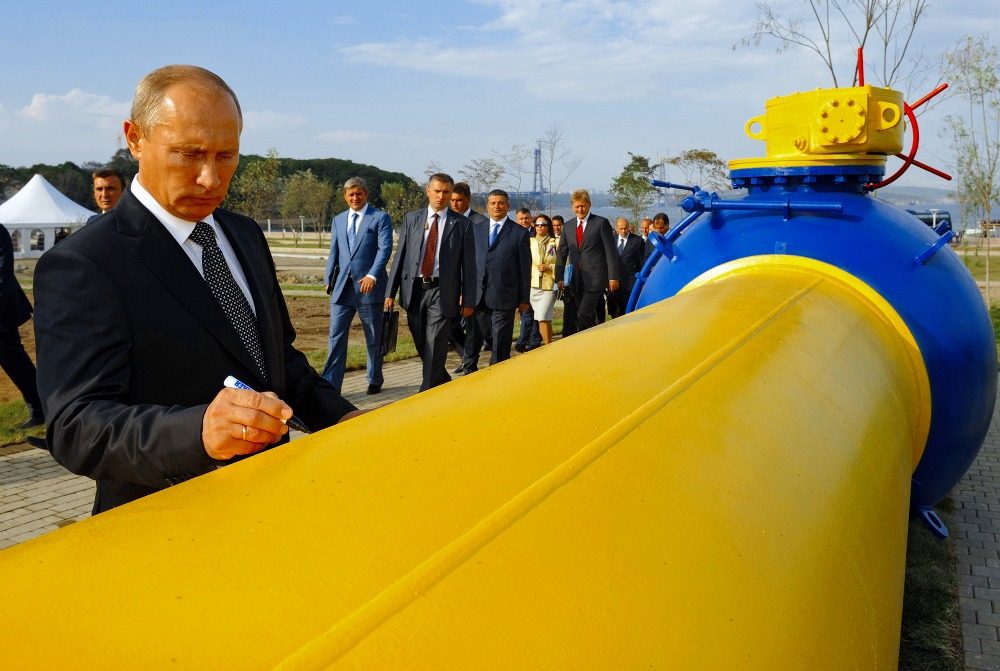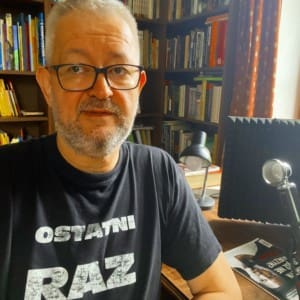In the background of the war declared against Poland and Hungary by Brussels elites, it is difficult not to notice another ongoing war being waged over control of energy sources and natural gas in particular. Both of these conflicts are connected by Berlin’s dominant position and Moscow’s silent support.
No one should have to be convinced of Germany’s domination in the European Union. Moreover, Germany’s participation in the formation of energy policy in Central Europe has been clear for some time. This situation occurred mainly due to the construction of both Nord Stream gas pipelines, which are an attempt to omit Central Europe from the supply of Russian gas and ensure Berlin is the main intermediary in the trade of that gas. In one move, Poland would be unable to avoid Russian blackmail while also making itself dependent on Germany, which would in turn would demand protection money.
Of course, Poland being forced to buy this gas would invariably be more expensive than in Germany itself. Due to this, the Polish economy (or at least its branches) would be uncompetitive because they would be severely dependent on that fuel.
The only answer to this geopolitical plan is for Poland to move forward on the construction of an independent gas supply.
On its own, Poland can meet between 20 to 30 percent of the demand of Polish economy, which is growing. Over the last 15 years, Poland initiated several plans to ensure the supply of liquified natural gas (LNG) through the Świnoujście gas terminal and the Baltic Pipe.
Both of these projects were first introduced in the 1990s.
The deal to supply gas through the Baltic Sea was even signed by one of Poland’s earlier governments but was annulled under the post-communist Democratic Left Alliance (SLD). When Law and Justice (PiS) came to power for the first time in 2005, it re-established these projects, and talks were initiated to secure a stable gas supply through the Baltic Sea and the creation of a gas terminal.
The goal of these pressure campaigns is to collapse the Polish government, slow down the fulfillment of projects (the recent conflict with environmentalists in Denmark over the Baltic Pipe is a good example), and sanctions and fines against companies overseeing Polish investments.
Yet, PiS lost power in 2007, and the Civic Platform (PO) government once again broke off work on the Baltic Pipe. The gas terminal’s construction was continued but so inefficiently that it remained uncompleted. The profitability of this investment also came into question when Donald Tusk had signed an over a decade-long gas contract with Russia following President Lech Kaczyński’s death.
When PiS took over power again in 2015, the situation was beginning to be reversed to Poland’s benefit. The gas terminal’s construction was finished and preparations for the construction of the Baltic Pipe were made. The LNG gas terminal quickly turned out to be too small and construction for its development was initiated and could be completed as early as within several months.
It was much harder to secure Norwegian gas supplies from Poland’s conservative PiS government via the Baltic Pipe given the two failed attempts from the Polish side under liberal governments, the Norwegians were distrustful. Nevertheless, the fact that PiS (which strongly supported the project) had maintained power for so long was a convincing argument for them.
As work continues on both the German-Russian project and the diversification of Polish energy sources, political pressure on Poland is growing.
The goal of these pressure campaigns is to collapse the Polish government, slow down the fulfillment of projects (the recent conflict with environmentalists in Denmark over the Baltic Pipe is a good example), and sanctions and fines against companies overseeing Polish investments.
Different means are used to achieve these goals, including, unfortunately, political actors that claim to be right-wing. There is only one end goal, however: to slow down the Polish economy and force Poland to accept Russia and German’s gas dictate.
We must keep our eyes wide open.






